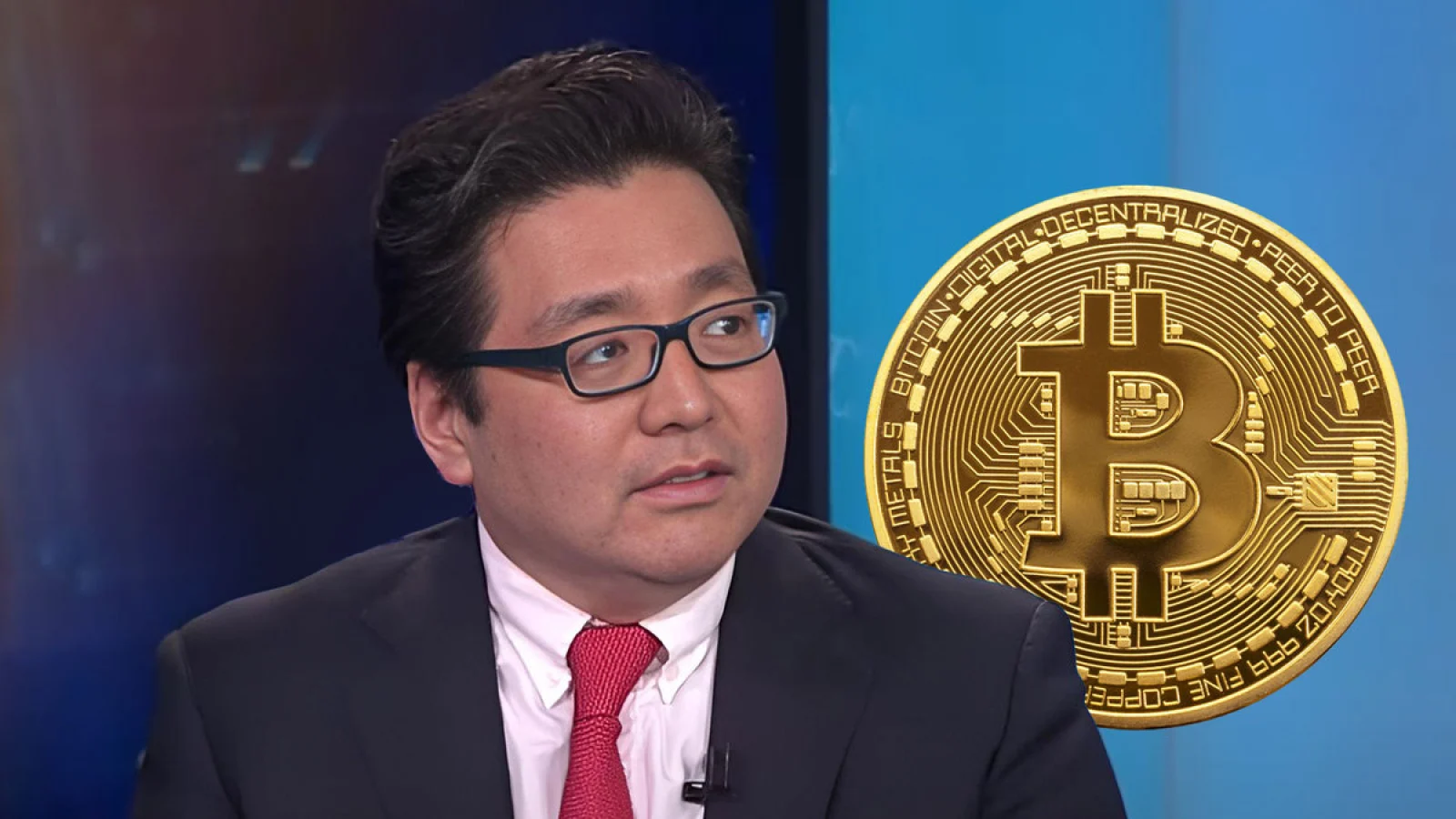Table of Contents
Unveiling a Revolutionary Monetary Standard: $500K Bitcoin on the Horizon | Jim Thorne
Introduction
In an unexpected yet groundbreaking disclosure, the Treasury Secretary nominee has revealed an investment of up to $500,000 in Bitcoin Exchange-Traded Funds (ETFs). This announcement has stirred intrigue and optimism among cryptocurrency investors and advocates, signaling a potential shift in the U.S. government’s approach to digital currencies. As crypto assets continue to gain mainstream acceptance, this nomination could represent a pivotal moment in the evolution of the financial landscape, with implications that resonate far beyond the corridors of power in Washington.
The Significance of the Washington Disclosure
The nominee’s decision to invest in Bitcoin ETFs is more than just a personal financial choice; it reflects a broader recognition of the cryptocurrency market’s relevance in today’s economy. By holding a substantial stake in a fintech asset known for its volatility and innovative potential, the nominee is endorsing the importance of diversifying investment portfolios to include blockchain-based assets. This move could inspire confidence in crypto markets, suggesting that even high-level officials are acknowledging the transformative power of digital currencies.
Furthermore, this investment can be viewed as a forward-looking strategy. The rising interest in cryptocurrencies among institutional investors, retail traders, and tech-savvy demographics highlights an inevitable trend toward digital finance. By taking a proactive financial position in this ecosystem, the Treasury nominee exemplifies how traditional finance is beginning to embrace innovations rather than resist them.
Preparing for Regulatory Change
One of the most significant takeaways from this disclosure is the potential for a more progressive regulatory environment surrounding digital currencies and blockchain technology. As the nominee assumes a prominent role in shaping fiscal policy, their insights gained from firsthand investment experiences could lead to more informed and balanced regulations. Such a shift would provide greater clarity and legitimacy to the cryptocurrency market, ultimately fostering a healthier environment for innovation and investment.
Investors in the cryptocurrency sector may welcome a regulatory framework that not only promotes compliance and security but also Washington nurtures innovation. The current environment is often characterized by uncertainty, with many investors feeling apprehensive about the regulatory landscape. If the nominee utilizes their position to create constructive dialogue around crypto regulations, it could pave the way for enhanced transparency, investor protection, and financial inclusion.
Empowering Financial Inclusivity and Accessibility
Cryptocurrencies have long been championed as tools for financial inclusivity. In an age where traditional financial systems can often be exclusionary, digital currencies provide access to a global economy for millions of individuals who have been traditionally underserved by conventional banking institutions. Washington The Treasury Secretary nominee’s investment can be seen as a recognition of this potential, sparking conversations around how cryptocurrencies can enhance economic inclusion.
By advocating for cryptocurrency and digital assets, the nominee could further encourage policies that lead to greater accessibility for underserved Washington populations. This may involve initiatives aimed at enhancing digital literacy, developing user-friendly applications, and fostering partnerships between fintech startups and established financial institutions. Such steps would help educate individuals about the opportunities that digital currencies present, ultimately empowering more people to participate in this evolving economic landscape.
Market Stability and Institutional Confidence
The interest shown by a high-profile government official in Bitcoin Washington ETFs may contribute to increasing institutional confidence in cryptocurrencies. As more traditional financial entities express interest in the digital currency space, it signals a maturation of the market. Investors and analysts alike may interpret this momentum as a sign that cryptocurrencies are becoming accepted components of mainstream finance.
It is essential to note that institutional involvement may enhance market stability. Unlike retail investors, institutions often have more resources to conduct in-depth analyses and are subject to higher regulatory scrutiny. Their participation can Washington lead to more stable pricing mechanisms and reduced volatility, creating a more secure environment for cryptocurrency investors.
Moreover, Bitcoin ETFs represent a bridge for traditional investors who may have been hesitant to enter the cryptocurrency space directly. Through these financial products, investors can gain exposure to Bitcoin’s price movements Washington without dealing with the complexities of wallets and private keys. The nominee’s involvement in this realm underscores the transformative potential of cryptocurrency as a legitimate asset class.
Inspiring Future Innovations in the Financial Ecosystem
The nominee’s proactive stance on investing in Bitcoin ETFs may also inspire innovative developments within the financial ecosystem. As digital Washington currencies become more mainstream, the financial industry may witness an influx of new products and services designed to cater to the evolving needs of consumers. This could include more user-friendly trading platforms, enhanced payment solutions, and sophisticated risk management tools.
Investors can take heart in the notion that a favorable environment for innovation breeds opportunity. As government officials, like the Treasury Secretary nominee, emphasize their vested interests in crypto, the industry can anticipate more breakthroughs in decentralized finance (DeFi), non-fungible tokens (NFTs), and other emerging sectors.
Furthermore, this nurturing of growth in the digital finance sector could facilitate collaboration between governments and the fintech community. When policymakers and innovators work hand in hand, they can design frameworks that promote responsible innovation while safeguarding consumer interests.
Conclusion
The Treasury Secretary nominee’s investment in Bitcoin ETFs may be a watershed moment for the cryptocurrency landscape, with far-reaching implications for investors, regulators, and the broader economy. As traditional finance and digital currencies converge, this investment highlights a growing recognition of the importance of cryptocurrencies in modern economic discourse.
For cryptocurrency investors, this instance brings optimism and a renewed sense of potential within the sector. With the backdrop of a possible shift towards more progressive regulatory frameworks, enhanced financial inclusivity, and burgeoning innovations, the future of cryptocurrency looks brighter than ever. As investors navigate this ever-evolving space, they can do so with the hope that what they are participating in is not just a financial revolution, but a changing tide in how we perceive value, trust, and finance itself.

Comments are closed.